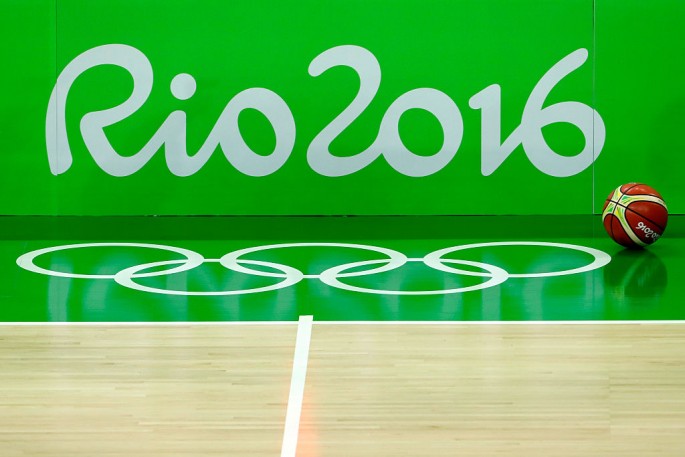A number of companies in China are at risk of apprehension after violating 2016 Rio Olympics trademark rights by using the words related to the Games or the event's logo, some claiming ignorance of the law.
Whether they intentionally or unintentionally violated IP laws, companies in China are now being urged to avoid copyright infringement by not publishing any Olympics-related photos or posts, be it on their own website or in the social media.
On Wednesday, the Global Times took note of a post from the gay social networking app called "Blued" where the logo of Rio 2016 is collaged with those of almost naked men.
"We wish athletes, or your dream husbands, a complete success. Blued is with you as you watch the Rio Games this summer!" the post read.
In an interview with Blued Technology Co. Geng Le, the Global Times discovered that the company was unaware of the infringement committed in the post.
"A lack of official rules has confused us about whether mentioning words and phrases such as 'Rio 2016' is acceptable in online discussions of the matches," Geng explained, adding that they have already started deleting such posts in their app.
Others have also made the same excuse with an unnamed employee from a Beijing roast duck chain restaurant claiming that they thought the logo can be used for free since "the Internet is swarmed with such pictures."
According to Inside Counsel, the United States Olympic Committee warned a number of the athletes' sponsors to avoid using the Olympics emblem or any related image as a promotional material for their company since they are not direct sponsors of the Games.
"The USOC is trying to keep companies who are sponsoring athletes, but who are not sponsoring the Olympics, from conducting 'ambush marketing' by indirectly referring to the Olympics, and thereby benefitting from the prominence of the event," Haynes & Boone partner Jennifer Lantz explained to Inside Counsel.
In a statement, the Chinese Olympic Committee (COC) has already called the attention of non-sponsor companies to stop using the event in their marketing tactics, according to the Global Times.



























